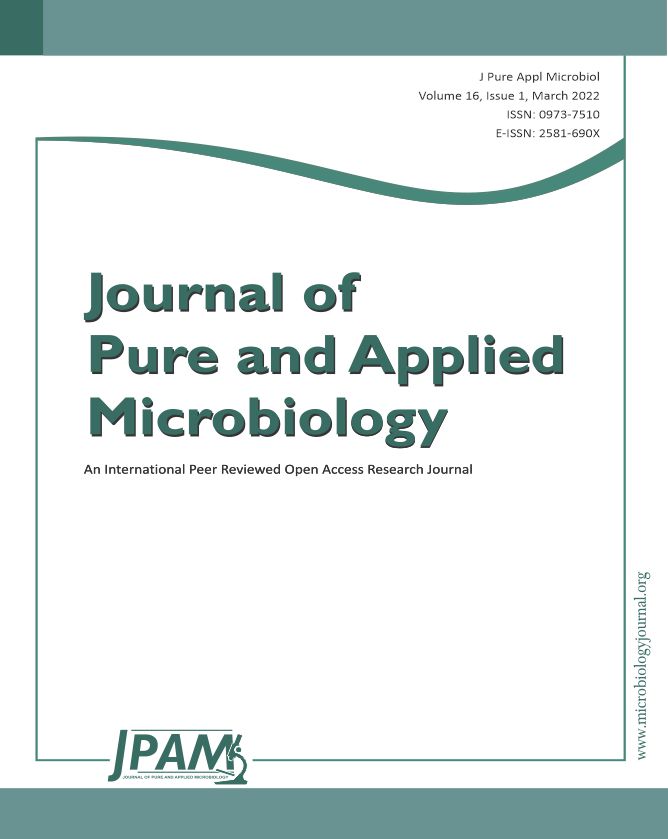Severe acute respiratory diseases caused by coronavirus disease 2019 (COVID-19) have caused infections around the world, and this disease has been declared a global pandemic by the World Health Organization. COVID-19 has severely impacted the world economy, and as it has multiple unnoticeable transmission routes, it can derail the health care system for a long time. Most states in India are affected by the COVID pandemic. As India is known for its seasonal infections such as dengue, leptospirosis, influenza, malaria, and enteric fever, it is expected that these infections may co-exist. Coinfection of these two viral infections causes challenges in diagnosis and treatment, especially in places with limited resources. Antibody-mediated enhancement of the immune response is a cause for concern in co-infection of COVID-19 and dengue. The present article discusses the clinical features, serological cross reactions, and antibody-dependent enhancement of COVID-19 coinfection with dengue infection.
acute respiratory syndrome, COVID-19, dengue, co-infection, symptoms, clinical feature, serological cross reaction, antibody dependent enhancement
© The Author(s) 2022. Open Access. This article is distributed under the terms of the Creative Commons Attribution 4.0 International License which permits unrestricted use, sharing, distribution, and reproduction in any medium, provided you give appropriate credit to the original author(s) and the source, provide a link to the Creative Commons license, and indicate if changes were made.


